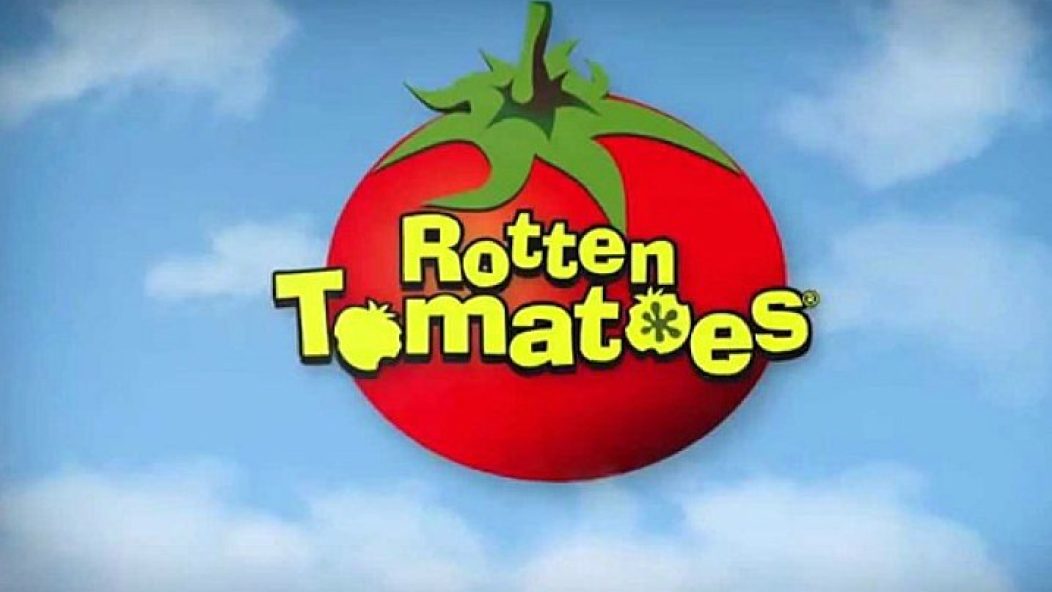
‘Horrible Bosses’ producer slams Rotten Tomatoes
[Image credit: Birth. Movies. Death.]
If you're like us, the first thing you do when you hear about a new movie is immediately check it's score on Rotten Tomatoes but Horrible Bosses producer Brett Ratner thinks that Rotten Tomatoes is doing more harm than good.
Check out what he had to say about the site below!
Read more: Jordan Peele named first African American writer-director to have $100 million debut with ‘Get Out’
Ratner has had a long career in movies, beginning in 1998 when he directed Rush Hour. Ratner went on to direct the entire Rush Hour series along with producing films such as Catfish and Jersey Boys.
However, in a recent interview with Entertainment Weekly, Ratner shared his belief that Rotten Tomatoes is resulting in the “destruction” of the film business.
“The worst thing that we have in today’s movie culture is Rotten Tomatoes,” said Ratner, “I think it’s the destruction of our business. I have such respect and admiration for film criticism. When I was growing up film criticism was a real art. And there was intellect that went into that. And you would read Pauline’s Kael’s reviews, or some others, and that doesn’t exist anymore. Now it’s about a number. A compounded number of how many positives vs. negatives. Now it’s about, ‘What’s your Rotten Tomatoes score?”
Ratner went on to talk about how Rotten Tomatoes affected the reception of Batman vs Superman: Dawn of Justice, “the Rotten Tomatoes score was so low on Batman vs Superman I think it put a cloud over a movie that was incredibly successful.”
Despite having a score of 27% with a majority of rotten reviews on Rotten Tomatoes, Batman vs Superman made nearly 300 million dollars at the box office. Ratner's company, RatPac Entertainment, co-financed the film.
“People don’t realize what goes into making a movie like that,” Ratner explained. “It’s mind-blowing. It’s just insane, it’s hurting the business, it’s getting people to not see a movie. In Middle America it’s, ‘Oh, it’s a low Rotten Tomatoes score so I’m not going to go see it because it must suck.’ But that number is an aggregate and one that nobody can figure out exactly what it means, and it’s not always correct. I’ve seen some great movies with really abysmal Rotten Tomatoes scores. What’s sad is film criticism has disappeared. It’s really sad.”
Rotten Tomatoes later responded to Ratner's complaints telling Entertainment Weekly, “At Rotten Tomatoes, we completely agree that film criticism is valuable and important, and we’re making it easier than it has ever been for fans to access potentially hundreds of professional reviews for a given film or TV show in one place,”
They continued, “The Tomatometer score, which is the percentage of positive reviews published by professional critics, has become a useful decision-making tool for fans, but we believe it’s just a starting point for them to begin discussing, debating and sharing their own opinions.”
Do you believe with Ratner that Rotten Tomatoes is killing the film industry or do you think it's a helpful tool? Let us know in the comments!








